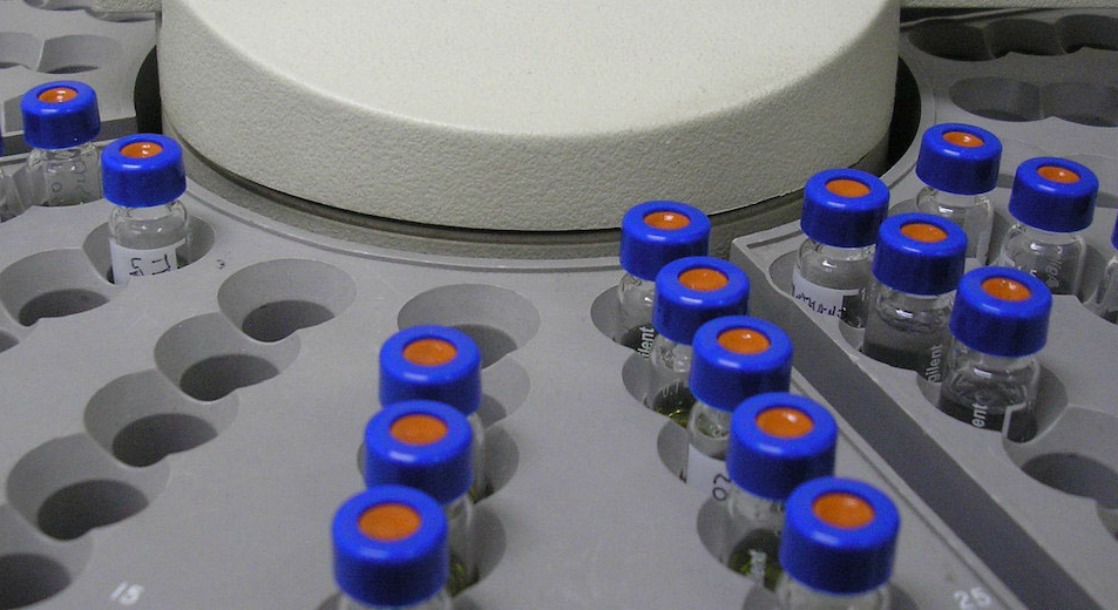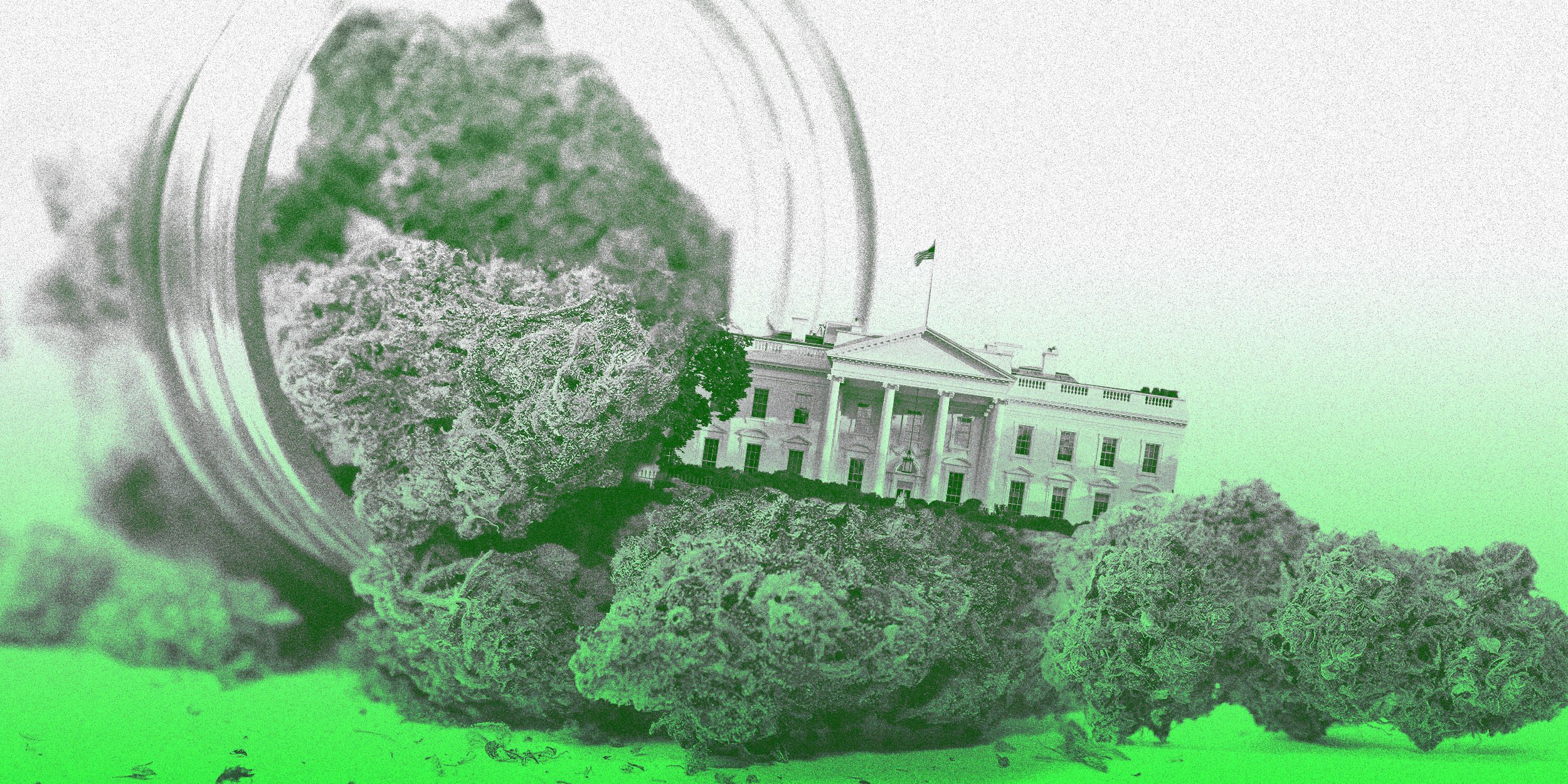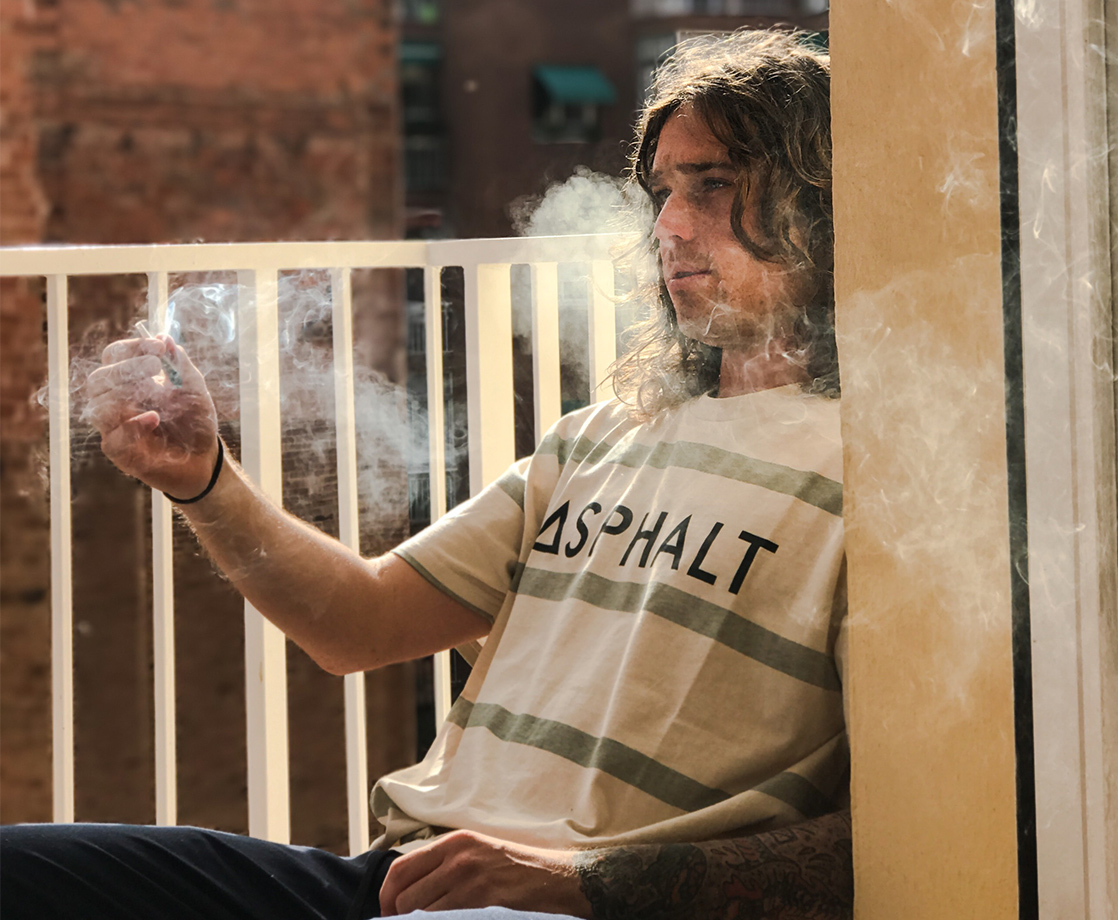Oregon has the country’s harshest pesticide testing regulations for legal cannabis, but in an industry that has never before been held to government-sanctioned standards, it’s still taking some time for the industry to meet the set standards.
In an investigative check-up on the current state of Oregon’s testing procedures, reporters from The Oregonian collected a variety of marijuana products from Portland-based retail pot shops and put them to the test. And while most of the product met state safety standards, three out of ten cannabis extracts tested positive for unsanctioned pesticide levels.
In Oregon, marijuana must pass a 59 pesticides screening test before it hits dispensary shelves, but for extract producers who make their product from trim and flower sent from multiple cultivators and a laboratory structure with little oversight, it becomes hard for regulators, producers and consumers alike to distinguish fact from fiction.
And while three extracts testing positive for high pesticide levels is alarming, the more concerning part is that when those same samples were sent to secondary labs for another round of testing, two of the samples came back with completely different results, claiming they were perfectly safe for consumption.
"I don't think it's reasonable for the general public to think that everything is 100 percent clean and safe," Andre Ourso, a manager for the health authority, told The Oregonian. "What we do as regulators is decrease the risk that something that would have an adverse health effect on the public would be consumed. I think these rules really do minimize those risks."
For the one company whose sample tested positive for too-high pesticide levels at both of the independent labs used by The Oregonian, management says the issue speaks more to the quality of the testing than the quality of the product.
"We are completely 100 percent reliant on the labs," Andreas Met, owner of Hush producer ANM Inc., a butane hash oil producer in Medford, OR, said. "And they have their own challenges."
Met told The Oregonian that he has “no doubt” that his product is safe, but nevertheless has recalled the supposedly contaminated product from retail shelves.
As part of the strict testing regulations implemented by the state nine months ago, Oregon officials have the authority to perform random tests on retail cannabis products, the state has yet to use that power. If cannabis is truly going to make the transition to another regulated retail product like alcohol or milk, safety regulations will need to improve at a faster pace.
"In some ways," Andrew Freedman, former marijuana policy coordinator for Colorado, and current legal-weed advisor, told the Oregonian. "This is why they were asking for a regulated system. People are looking to the government to figure this out."











